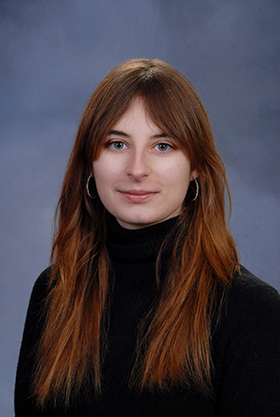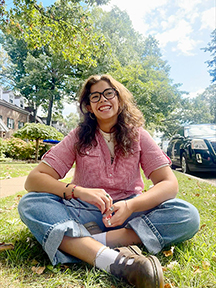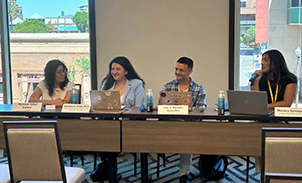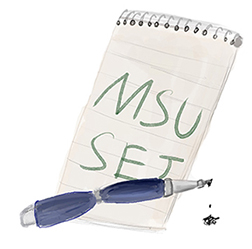 This is the 3rd in a series of feature stories on environmental topics by Knight Center students who attended the 2025 Society of Environmental Journalists conference.
This is the 3rd in a series of feature stories on environmental topics by Knight Center students who attended the 2025 Society of Environmental Journalists conference.
By Mia Litzenberg
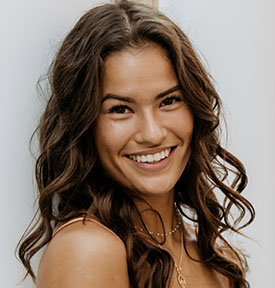
Mia Litzenberg
When most people flush the toilet, the thought of where wastewater ends up goes down the drain.
At the Arizona Snowbowl Ski Resort, treated wastewater is used to create artificial snow that blankets the San Francisco Peaks – a sacred mountain to over a dozen Indigenous tribes.
“I was out here inspecting the area one time and some family with some kids were out here, and they were eating the snow,” said Diné activist Shawn Mulford.
Mulford said the parents had not noticed the sign saying the resort was using reclaimed wastewater that should not be drunk. Since the incident, Mulford said the sign was moved away from the entrance even further down the hillside.
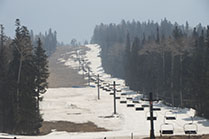
An empty ski lift at the Arizona Snowbowl Ski Resort in April. Credit: Mia Litzenberg
Although the resort uses Grade A+ reclaimed water to make its snow, it does not pass drinking water standards.
The Indigenous tribes who have stewarded the sacred mountain, called Dookʼoʼoosłííd in Navajo, have harvested medicinal plants and held religious ceremonies there for thousands of years.
“My elders have been telling me ‘You can’t go harvest on the peaks anymore,’” said Ka-Voka Jackson from the Hualapai tribe. “We don’t know what’s in those plants – the drugs, the chemicals, hormones. Birth control is a big one that’s not something they can filter out or that they do.”
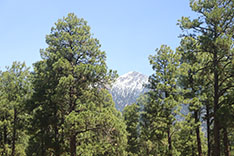
The San Francisco Peaks of Arizona. Credit: Mia Litzenberg
The Rio de Flag Wastewater Treatment Plant that supplies reclaimed water to Snowbowl does not have the technology to remove contaminants of emerging concern, according to the facility’s staff. These include pharmaceuticals, personal care products and PFAS, which are all classified as endocrine-disrupting compounds for their damaging effect on organisms.
In the 2008 Supreme Court case Navajo Nation v. United States Forest Service, the court ruled that “there are no plants, springs, natural resources, shrines with religious significance or religious ceremonies that would be physically affected by the use of such artificial snow.” Continue reading

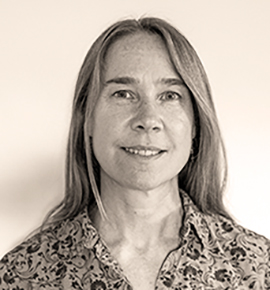
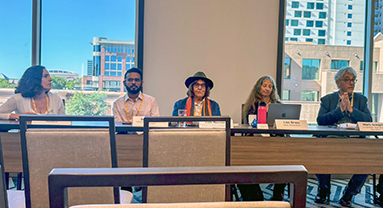
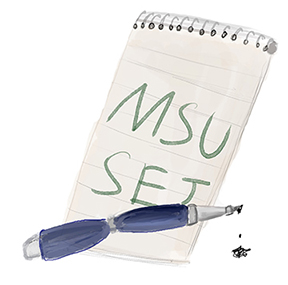 Climate change makes pregnancy more dangerous, impacts reproductive health, journalists say
Climate change makes pregnancy more dangerous, impacts reproductive health, journalists say